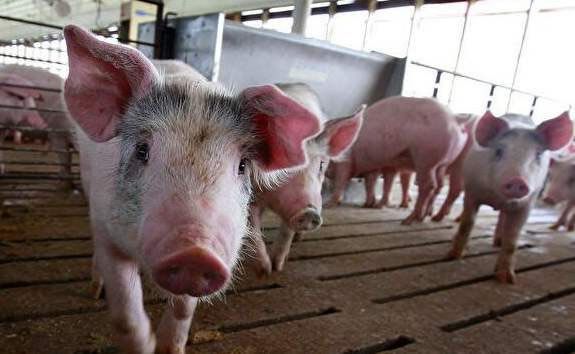According to Reuters, a confirmed case of African Swine Fever was found in Germany. This is the first case of ASFV infection in German domestic pig farms.
Germany's Friedrich-Loeffler scientific institute had confirmed the farm animals had African swine fever, which was an organic farm with 200 animals and on a smallholding with only two pigs in the eastern German state of Brandenburg. It is possible that the disease was from wild boars, but still not confirmed in the news.
African swine fever is a highly contagious and deadly viral disease affecting both domestic and feral swine of all ages. Since 2018, ASF is found in many countries around the world, particularly in Eastern Europe, China, and Southeast Asia. This disease has caused billions of losses to the swine industry. However, due to the lack of effective vaccines, the only way to stop ASF is to eradicate this virus from the herd. Currently, there are some EU countries have declared the complete eradication of this disease.
To confirm the herd is ASF-free, routine testing and monitoring of ASF are necessary.
In China, the Center for Animal Disease Prevention and Control has run several validations of ASF real-time PCR test kits and ASF antibody ELISA kits, which is expected to provide the industry with validated tools for the testing purpose. Ringbio has proactively participated in these validations, and our ASFV real-time PCR kit and ASFV Antibody ELISA kit were then published in the document of the Ministry of Agriculture and Rural Affairs. Besides, Ringbio also developed a AFSV Antigen Rapid Test Kit, which is based on lateral flow immunoassay to detect ASFV antigen in 10min in serum, plasma and blood samples. All these kits are readily available to help the industry.
It has been more than one hundred years since the discovery of ASF, but up till now, no vaccine is available. The German case of ASF is only a reminder to the industry that biosecurity and effective measurements should always be done to keep the herd safe.
Further Reading
- Reuters, July 16, 2021, Germany has first African swine fever case in farm pigs
- USDA website, African swine fever topic
- OIE website, African swine fever topic
- Ringbio, African Swine Fever Rapid Testing with ASFV Ab Rapid Test Kit




